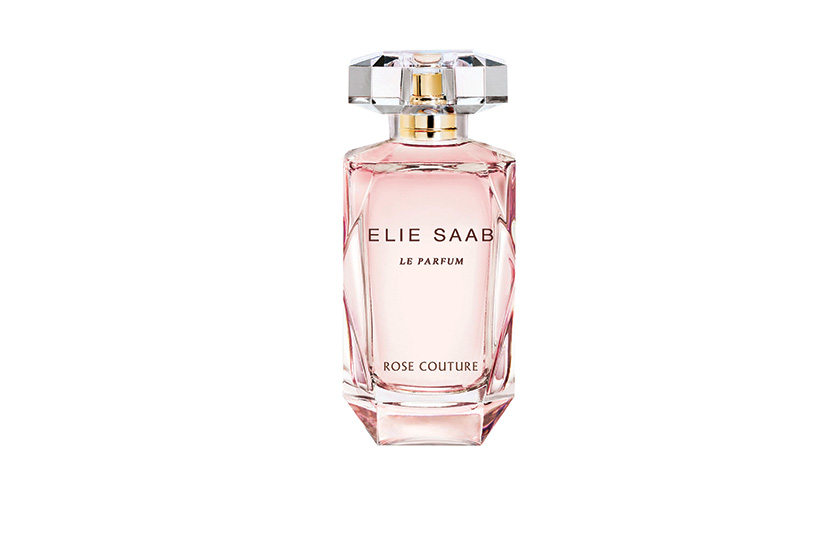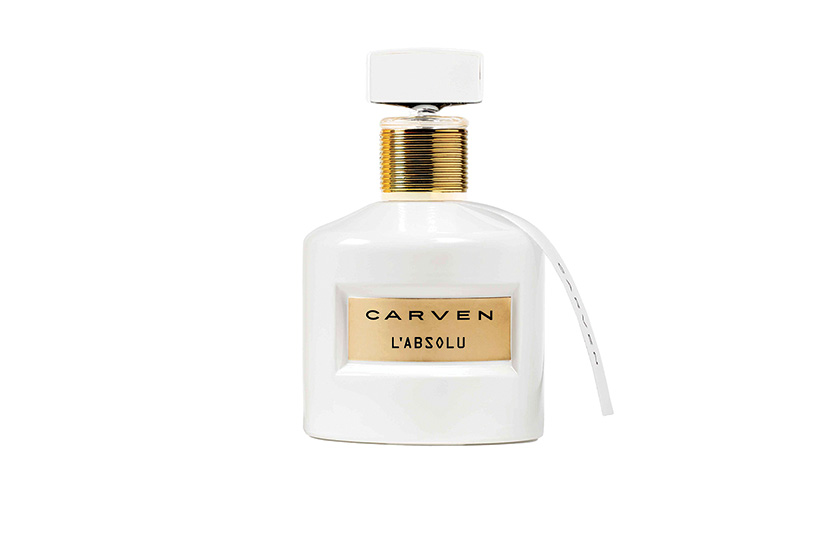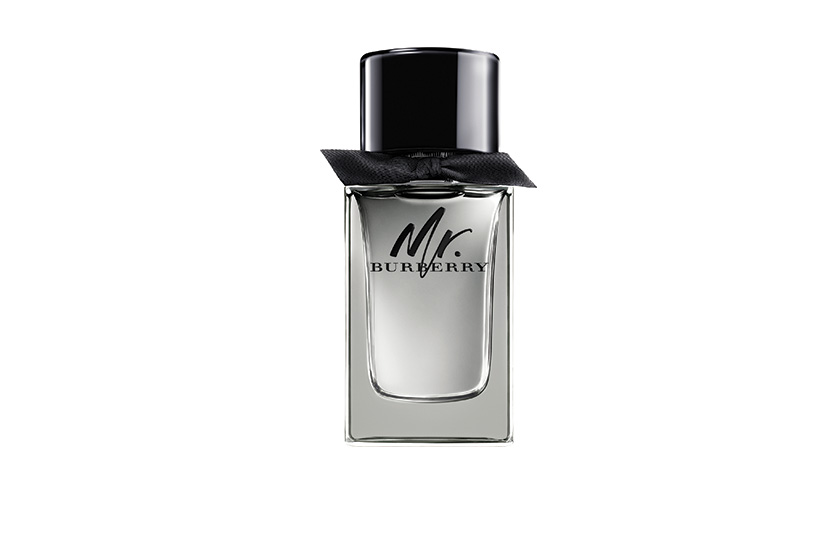Q&A: Francis Kurkdjian, Perfumer
Francis Kurkdjian is a rare talent: an arts-obsessed perfumer with equal parts critical acclaim and popular appeal, and a celebrity in his own right
Just a few decades ago, most fragrance fans wouldn’t be able to cite the nose behind their favourite spritz. Perfumers were unknown, and underappreciated. Flash forward, and the industry’s once anonymous mix-masters now have front-and-centre status—their names adorning bottles. A shy, cerebral scent prodigy, Francis Kurkdjian was among the first to garner such star stature, making a splash at age 24 with the launch of Le Mâle for Jean Paul Gaultier.
Since then, he’s become a sought-after collaborator: “I’ve worked for half the beauty floor,” quips the Armenian-Parisian, 47, at the recent Toronto press launch of his own label, Maison Francis Kurkdjian, new to Canada at Saks Fifth Avenue. Just a few of Kurkdjian’s credits: Narciso Rodriguez For Her, Carven Le Parfum, Burberry My Burberry and Nina Ricci L’Extase.
He started his maison in 2009, the year after he was named Chevalier des Arts et des Lettres by the French Ministry of Culture, a title bestowed for achievements in the arts. Kurkdjian’s pursuits often seem whimsical: take, for example, his launch of scented bubbles for kids and his luxe laundry suds, or his ongoing attempt to cultivate a new rose species usable for perfumery, a seven-year (and counting) endeavour he’s undertaking with a horticulturalist. We chatted with the artistic visionary for a fragrance education.
When was the moment you thought, Aha, I want to become a perfumer? I was about 14, and I read a magazine article, four pages on the art of perfumery. I totally fell in love with the people featured and told my parents, “This is what I want to do.” I never changed my mind.
But there are few perfumers in the world. Why is that? In school, you can learn about writing, painting, playing music. [But most kids] don’t have any formal training or teaching about scents. Very few perfumers have written about the craft; [aspiring chefs] can buy a cookbook, but there is nothing to express how to create perfumes. Until 20 years ago, it was very specific work. Perfumers worked in a kind of dungeon and were not as popular as they are now. I think [that’s changed] because you have small fragrance brands where the craft is highlighted, and that puts the focus on the work of perfumers. Lastly, it is a very discouraging job—you go to perfume school in your 20s, but need about 10 years [of practice] to start being a good perfumer. I was lucky to do Le Mâle [at age 24].
How did you get the opportunity to work on that, so early in your career? I met the president of the company running [Jean Paul Gaultier] perfume at a marketing course I was taking. I was a trainee perfumer, fresh out of school, and she asked if I was interested in doing a training session using a real case. I said yes, and she gave me the brief for Le Mâle. At the beginning, she was not thinking I could win [the project]. After like, four weeks, she smelled my ideas and picked one, which became Le Mâle.
Did you feel confident? No, I was not confident. I was determined. For a long time, one of my books of reference was The Alchemist by Paulo Coelho, [a novel about] the idea of grabbing your chance. You don’t have a chance—you grab it.
How has the industry changed since you started? Perfumers are being highlighted now, meaning the perfumer is as important as the brand. They were not before. The second [change] is the momentum of launches. About 20 or 25 years ago, there was one [big launch] every three years. Nowadays, you’ll have one every six months under the same brand.
Why did you establish your own brand? It was to express my vision of how we should live with perfume. Fragrance should be seen as a wardrobe. You can go from a white T-shirt to a fur coat; you can have leather pants or a couture gown. For perfume, I believe the same: you can play with it depending on your mood.
What is your creative process? I can’t start a fragrance without giving it a name. And that is the result of thinking, What is the project for? Who is it targeting? What is the story? All of a sudden, that abstract concept becomes a name, which is like the title of a book. Then for my own [creations], I try to get the feeling of the fragrance. When consumers smell a perfume, they spray it on the card, and they feel something about it. My job is the reverse—I think what the feeling of that scent could be, and then go to my desk and write the formula, and tweak it until I have the balance that matches the feeling in my head.
How is developing a fragrance for your own line different from developing one for another brand? For my brand, every single piece of the project is my creativity, my sensibility, my responsibility. If I’m working for Burberry or Elie Saab, my work is the expression of someone else’s vision. But instead of doing “Francis Kurkdjian for Elie Saab,” it’s like pretending Elie Saab did it for himself. I immerse myself in his universe, to translate it the same way he would have.
How can someone who is just beginning to appreciate fragrance educate their nose? They can start with basic stuff—smelling flowers, smelling kitchen herbs, paying attention. They have to connect their brain to the nose. And then for consumers, they have to rely on their gut—there are no faux pas. It’s not like makeup. Perfume is totally based on your olfactive memory: where you come from, your culture, whether you are a man or a woman, your ethnic background. So I can’t tell you this is better for you than something else. When I have to advise people on what perfume to wear, it is based on their own taste. It is not about my taste, which is very different.
Francis Kurkdjian’s Latest Creations
This article was originally published in the Summer 2016 issue of Cosmetics magazine. For more, download our iPad edition.





